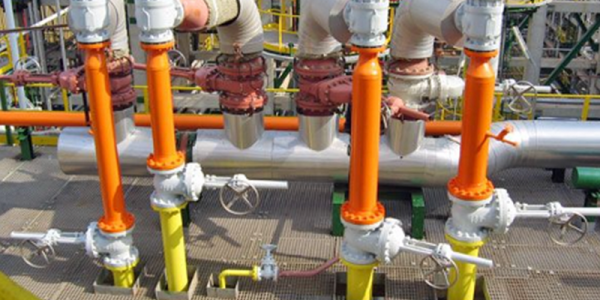Philip A. Henry, Principal Engineer II: About the Author
Risk-Based Inspection & Process Technology Team Leader, The Equity Engineering Group, Inc.

Philip A. Henry, Principal Engineer II, Risk-Based Inspection & Process Technology Team Leader at The Equity Engineering Group, Inc, is responsible for engineering consulting services in the areas of Pressure Relief, Heat Transfer, and Fluid Flow. He is a specialist in the design, installation, sizing, and selection of pressure relief devices and relieving systems, and has been the Chairman and Master Editor of the API Pressure Relieving System Subcommittee’s Task Force on API 520 for the last 23 years. He conducts audits of pressure relieving systems to ensure compliance with OSHA, PSM legislation, and ASME, API, and DIERs Standards, Codes, and Publications. He also teaches the official API Pressure Relieving Systems course.
Mr. Henry is actively involved in the development of technology for the API Risk-Based Inspection (RBI) methodology. He was the lead investigator of the rewrite of API 581, RBI Technology and is still active in the API 581 task force on risk-based inspection. He is responsible for the development and implementation of RBI programs and chairs the software User group meetings for the API RBI software. Mr. Henry has developed a rigorous consequence analysis model to assess the impact of loss of containment from refinery and petrochemical fixed equipment. He also developed industry guidelines on performing risk-based assessments of process equipment, including pressure relief devices, heat exchanger bundles, and fired heaters. Mr. Henry is a certified instructor for the API 580/581 course on RBI.
Mr. Henry provides technical support and engineering consulting to all levels of refinery capital projects. He is responsible for the preparation of purchase specifications, design reviews, and the development and validation of approved vendors’ lists. He conducts project safety reviews for construction and pre-start-up phases of major capital projects. His responsibilities include developing and maintaining engineering specifications in the pressure relief and heat transfer areas and providing overall coordination.
Is this you? Please help us keep this page up-to-date by occasionally submitting your updated information.
Published Articles
Not all operators apply the system design philosophy as intended by the ASME Code. Part of this reason could be due to confusion about how it is to be applied.
This course provides an introduction to the basics of pressure relief devices (PRDs) for mechanical integrity (MI) professionals.
This article describes the API Risk-Based Inspection (RBI) methodology for pressure relieving devices (PRDs) as detailed in the soon to be released 2nd edition of API 581 "Base Resource Document On Risk-Based Inspection" This methodology has been successfully used at several petrochemical facilities to establish risk-based inspection intervals for PRDs.

















